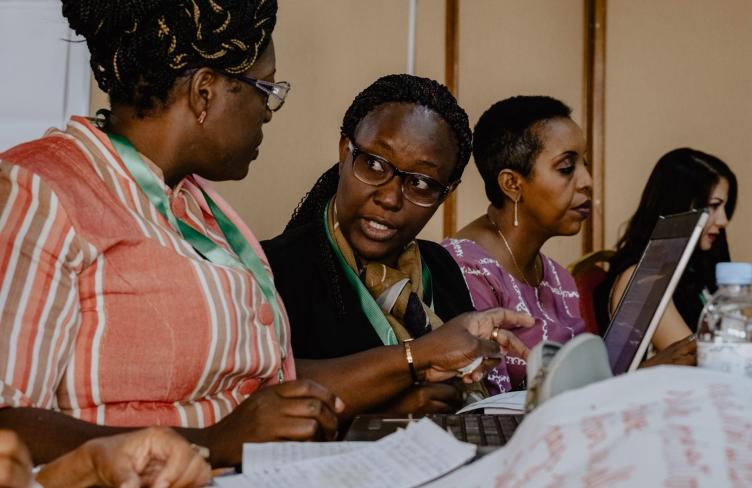Donate
The APT is able to operate globally thanks to the generous financial support of its donors.

Explore the vacancies available and take the next step in your career with us.

The APT is able to operate globally thanks to the generous financial support of its donors.

Join our mailing list to receive monthly news and updates about torture prevention.